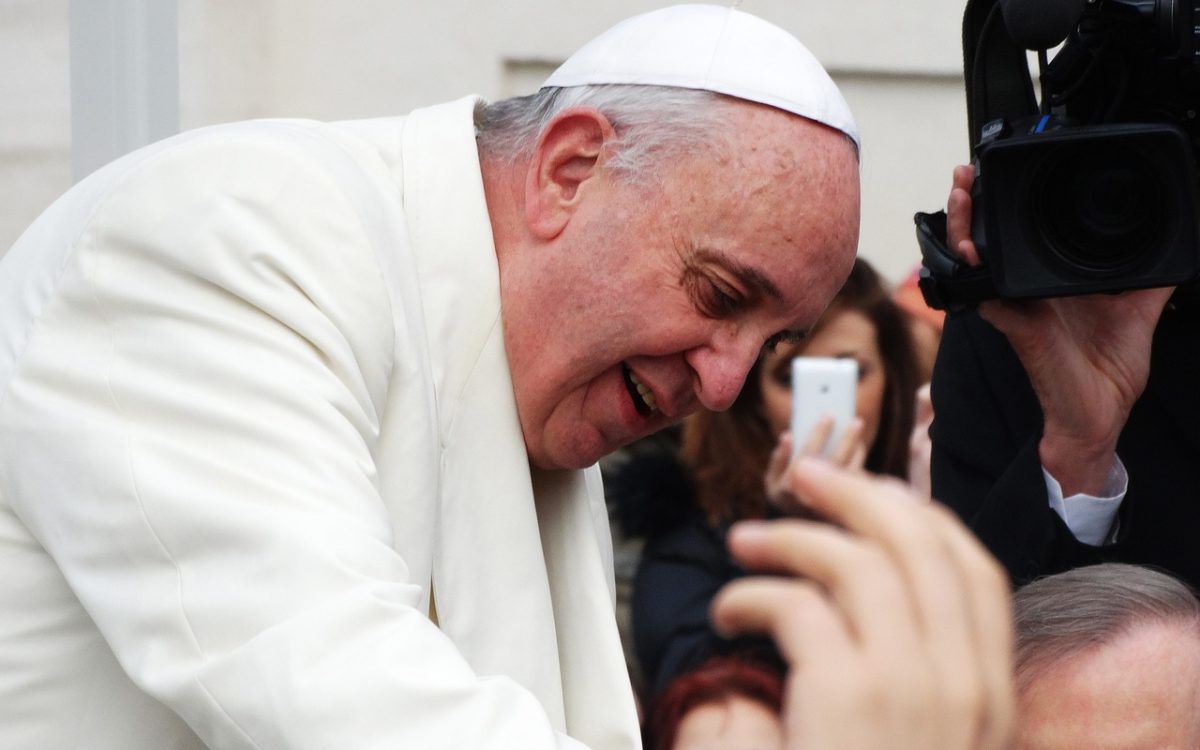How many minutes does it take to make a good homily? This is a typical question that normally divides theological students at the end of every mass. The question is sometimes asked not only by theological students, as we can always read it in the faces of many Christians whenever they are liberated after being trapped in a long and unending homily. Which unfortunately characterizes most of our liturgical activities nowadays. Occasionally, being in a parish where average parishioners hardly understand English is pathetic. The preacher goes about moving from Greek to Latin and even sometimes to Hebrew, just to show he spent many years in the Seminary. I am surely not saying that those are unnecessary, but the problem is that many times, they are done in the wrong places.
Yesterday, during the Holy Thursday mass, at the Regina Coeli, the Roman juvenile prison, Pope Francis made “a World record” of the most touching short homily ever. He preached for only three minutes. And I mean three minutes! But it was a three-minute homily full of signification.
The danger in this type of situation is to say that he is not the only person to make a short homily. That’s true, but what made his three minutes of preaching win many souls was the limpidity of his words and the gesture that followed his sermon.
After this short homily, he took on a stole of the deacon, a stole of service, to concretize what he had just said. He went down, not only washing the feet of the prisoners but also kissing their feet after washing them. Here is the full text of the world record homily.
This is moving; Jesus washes the feet of his disciples. Peter understands nothing. He refuses, but Jesus explains to him. Jesus, God did this, and He Himself explains it to the disciples… “Do you realize what I have done to you? You call me ‘teacher’ and ‘master,’ and rightly so, for indeed I am. If I, the master and teacher, have washed your feet, you ought to wash one another’s feet. I have given you a model to follow, so you should also do as I have done to you.
It is the example set by Our Lord; it’s important for Him to wash their feet because, among us, the highest one must be at the service of others. This is a symbol; it is a sign – washing your feet means I am at your service. And we, too, are among each other, but we don’t have to wash each other’s feet every day. But what does this mean? It means that we have to help each other. Every so often, I would get angry with someone, but we must let it go, and if the person asks a favour, do it!
Help one another. This is what Jesus teaches us. This is what I do. And I do it with my heart. I do this with my heart because it is my duty. As a priest and bishop, I must be at your service. But it is a duty that comes from my heart and a duty I love. I love doing it because this is what the Lord has taught me. But you, too, must always help us and each other. And thus, in helping each other, we will do good for each other.
Now we will perform the ceremony of Washing the Feet, and each one of us must think, Am I willing to help others? Just think of that. Think that this sign is Christ’s caress because Jesus came just for this: to serve and help us.






